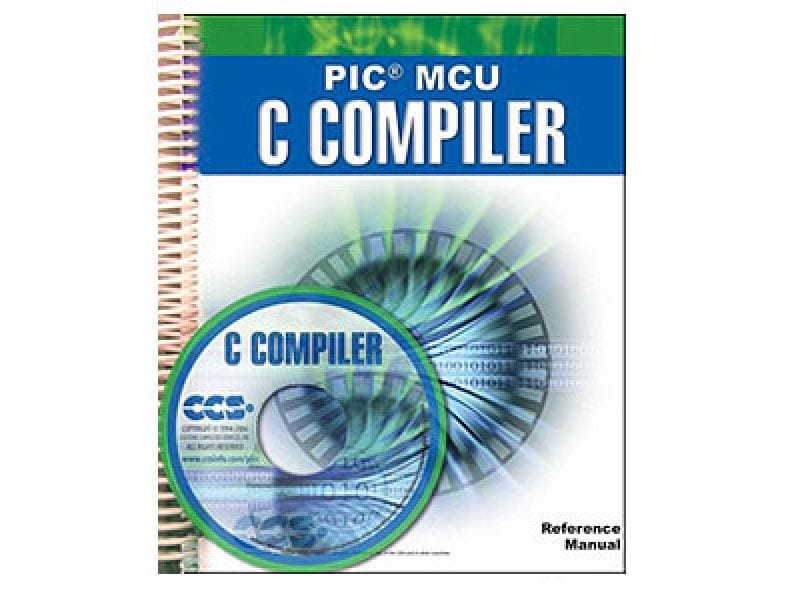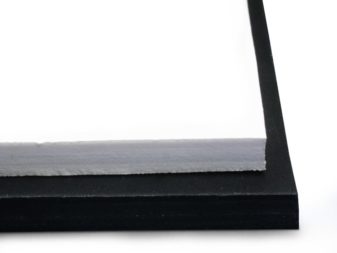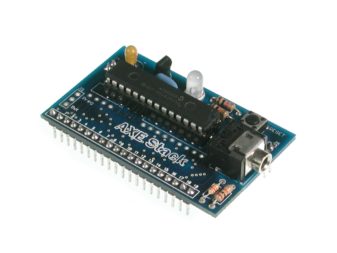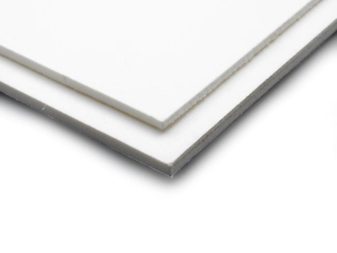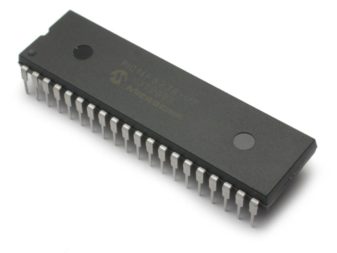PCB C Compiler
USD $54.95
The PCB C Compiler is an ANSI C compiler for 12-bit PICmicros.
DESCRIPTION
PCB, like the other CCS compiler products, is an ANSI C compiler capable of generating highly efficient and extremely tight object code for the 12-bit family of PICmicros. While PCB is a command line compiler it can easily be stitched into Microchip's MPLAB IDE for those with want a graphic IDE or for those who want to use Microchip's development tools for debugging.
If you are looking for a completely integrated PIC development solution checkout the PCW or PCWH version of the CCS compiler. These versions incorporate all the same features and functions as the PCB compiler plus additional PIC controllers, and a Windows IDE that is fully integrated with CCS’s in-circuit debuggers (ICD-u40, ICD-S40, Mach-X).
Package Includes
- Installation CD-ROM
- Reference Manual (also available in the Download Resources Tab of this page)
12-Bit Supported Devices
MTA81010, PIC10F200, PIC10F202, PIC10F204, PIC10F206, PIC10F220, PIC10F222, PIC12F508, PIC12C508, PIC12C508A, PIC12F509, PIC12C509, PIC12C509A, PIC12CR509A, RFPIC12C509AF, RFPIC12C509AG, PIC12F510, PIC12CE518, PIC12CE519, PIC16C52, PIC16C54, PIC16F54, PIC16C54A, PIC16CR54A, PIC16CR54B, PIC16C54B, PIC16C54C, PIC16CR54C, PIC16C55, PIC16C55A, PIC16C56, PIC16CR56A, PIC16C56A, PIC16F57, PIC16C57, PIC16C57A, PIC16CR57A, PIC16C57B, PIC16CR57B, PIC16CR57C, PIC16C57C, PIC16C58, PIC16CR58A, PIC16C58A, PIC16C58B, PIC16CR58B, PIC16F59, PIC16F505, PIC16C505, PIC16F506, PIC16HV540
About the CCS Compiler
Each CCS compiler is a full featured, professional, family specific compiler that includes built-in functions that allow for total device utilization as well as automatic code optimization that results in tight, clean object code (hex files) that is highly optimized and efficient.
The user has complete and total access to all the PIC® MCU hardware such as READ_ADC() to read a value from the A/D converter. Discrete I/O is handled by describing the port characteristics in a PRAGMA. Functions such as INPUT() and OUTPUT_HIGH() will properly maintain the tri-state registers. Variables including structures may be directly mapped to memory such as I/O ports to best represent the hardware structure in C.
The microcontroller clock speed may be specified in a PRAGMA to permit built in functions to delay for a given number of microseconds or milliseconds. Serial I/O functions allow standard functions such as GETC() and PRINTF() to be used for RS-232 like I/O.
The hardware serial transceiver is used for applicable parts when possible. For all other cases the compiler generates a software serial transceiver. The standard C operators and the special built in functions are optimized to produce very efficient code for the bit and I/O functions.
Functions may be implemented inline or separate, allowing fore optimization for either ROM concerns or speed concerns. Function parameters are passed in reusable registers. Inline functions with reference parameters are implemented efficiently with no memory overhead.
During the linking process the program structure, including the call tree, is analyzed. Functions that call one another frequently are grouped together in the same page segment. The tool transparent to the user handles calls across pages automatically. Functions may be implemented inline or separate. RAM is allocated efficiently by using the call tree to determine how locations can be re-used. Constant strings and tables are saved in the device ROM.
Each CCS Compiler Features
- Built-in libraries that work with all chips for RS-232 serial I/O, I2C, discrete I/O and precision delays.
- Integrates with MPLAB® IDE and other simulators and editors for source level debugging. Standard HEX file and debug files ensure compatibility with all programmers.
- Formatted printf allows easy formatting and display in HEX or decimal.
- Efficient function implementation allows call trees deeper than the hardware stack.
- Source code drivers included for LCD modules, keypads, 24xx and 94xx serial EEPROM's, X10, DS1302 and NJU6355 real time clocks, Dallas touch memory devices, DS2223 and PCF8570 serial SRAM, LTC1298 and PCF8591 A/D converters, temperature sensors, digital pots, I/O expander and much more.
- Access to hardware features from easy to use C functions, timers, A/D, EEPROM, SSP, PSP, USB, I2C and more.
- 1, 8, 16 and 32 bit integer types and 32 bit floating point.
- Assembly code may be inserted anywhere in the source and may reference C variables.
- Automatic linking handles multiple code pages.
- Inline functions supported to save stack space; Linker will automatically determine the best architecture or it can be manually specified.
- Compiler directives determine if tri-state registers are refreshed on every I/O or if the I/O is as fast as possible.
- Constants (including strings and arrays) are saved in program memory.
- Standard one bit type (Short Int) permits the compiler to generate very efficient Bit oriented code.
- #BIT and #BYTE will allow C variables to be placed at absolute addresses to map registers to C variables.
- Reference parameters may be used to improve code readability and inline function efficiency.
- PCW has both an integrated editor/compiler and command-line compiler.
- Special windows show the RAM memory map, C/Assembly listing, and the calling tree.
- Interrupt functions supported on PCM/PCH. The compiler generates all startup and clean up code as well as identifying the correct interrupt function to be called.
- 100+ ready-to-run example programs included.
- Updates via the Internet for 30 days included.
Compiler Comparison Chart
| Compiler Version | |||||
|---|---|---|---|---|---|
| Feature | PCB | PCM | PCH | PCW | PCWH |
| Command Line Compiler |
Yes
|
Yes
|
Yes
|
Yes
|
Yes
|
| Built-in Functions |
Yes
|
Yes
|
Yes
|
Yes
|
Yes
|
| Example Programs |
Yes
|
Yes
|
Yes
|
Yes
|
Yes
|
| Device Drivers |
Yes
|
Yes
|
Yes
|
Yes
|
Yes
|
| MPLAB Interface |
Yes
|
Yes
|
Yes
|
Yes
|
Yes
|
| Windows IDE |
No
|
No
|
No
|
Yes
|
Yes
|
| C Aware Editor New |
No
|
No
|
No
|
Yes
|
Yes
|
| New Project Wizard |
No
|
No
|
No
|
Yes
|
Yes
|
| Debugger |
No
|
No
|
No
|
Yes
|
Yes
|
| Device Selector/Editor |
No
|
No
|
No
|
Yes
|
Yes
|
| Call Tree and Memory Map |
Yes
|
Yes
|
Yes
|
Yes
|
Yes
|
| Statistics |
No
|
No
|
No
|
Yes
|
Yes
|
| Serial Port Utility |
No
|
No
|
No
|
Yes
|
Yes
|
| 12bit Support |
Yes
|
No
|
No
|
Yes
|
Yes
|
| 14bit Support |
No
|
Yes
|
No
|
Yes
|
Yes
|
| PIC18 Support |
No
|
No
|
Yes
|
No
|
Yes
|
| Also available for your compiler :
Yearly Maintenance : Upgrades : For Maintenance or Upgrades please see the Product Options Section |
RESOURCES & DOWNLOADS
Additional information
| Weight | 0.24 kg |
|---|---|
| Dimensions | 20 × 22 × 2 cm |
REVIEWS
Solarbotics, Ltd. is not responsible for misprints or errors on product prices or information. For more information, please see our Terms and Conditions.
Warning: This product contains chemicals known to the State of California to cause cancer and birth defects or other reproductive harm.
Please visit www.P65Warnings.ca.gov for more information. This item was manufactured prior to August 31, 2018.

